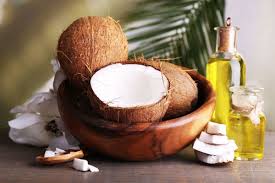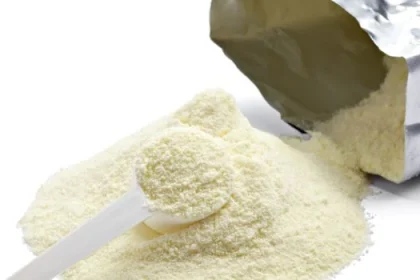Mahinda Amaraweera, the Minister of Agriculture and Plantation Industries, submitted a new cabinet document to the Sri Lankan government, which was approved. The purpose of the paper is to safeguard the nation’s coconut oil industry and guarantee the quality of edible oils that are produced domestically and imported. Concerns about the absence of oversight and verification of foreign oils combined with coconut oil—which is subsequently refined and sold on the market—have prompted this action.
All medium-sized coconut oil enterprises that produce up to 0.5 metric tons daily are required under the new legislation to register with the Coconut Development Authority (CDA) and attest to their compliance with Good Manufacturing Practices. Approved items will receive a certification logo from the CDA, which will also have the power to control importers, refiners, packers, stockers, distributors, and merchants to make sure they meet quality standards. Retail establishments that sell edible oils made from palm trees, including coconut oil, must also register with the CDA.
Given that about 200,000 metric tons of the 240,000 metric tons of coconut oil consumed annually in Sri Lanka are blended with replacement oils, these steps are meant to allay growing concerns about public health and safety. The CDA will have the power to control the amount and quality of imported coconut oil, and verified laboratories will now be needed to verify the quality of imported oils, including palm oil.













